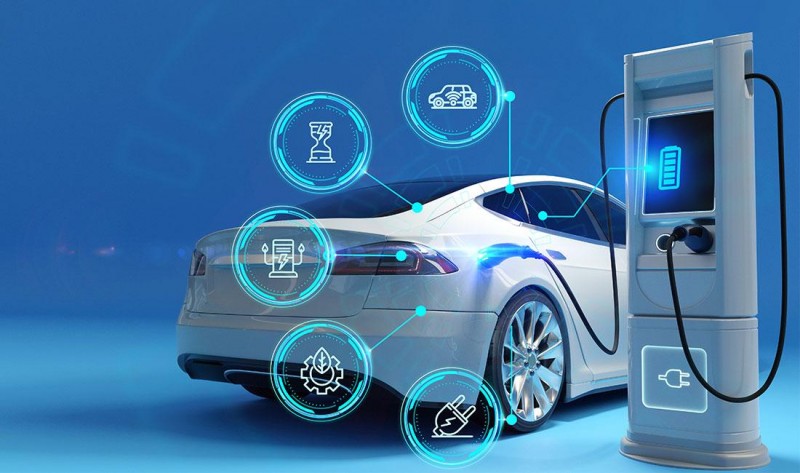
As the world grapples with the urgent need to combat climate change and reduce carbon emissions, the electrification of vehicles has emerged as a game-changing solution. Electrification refers to the process of replacing traditional internal combustion engines with electric powertrains, either fully electric or hybrid, in automobiles. This transformative shift in the automotive industry promises to reduce greenhouse gas emissions, improve air quality, and create a more sustainable future for transportation. In this article, we explore the key aspects and benefits of vehicle electrification, as well as the challenges and opportunities it presents.
Embracing Electric Vehicles (EVs): Electric vehicles (EVs) are at the forefront of the electrification revolution. Unlike conventional vehicles that rely on gasoline or diesel, EVs are powered by rechargeable batteries. These batteries supply electricity to an electric motor, propelling the vehicle with zero tailpipe emissions. The widespread adoption of EVs is vital in reducing the transportation sector's carbon footprint and dependence on fossil fuels.
Hybrid Vehicles: A Transition Step: Hybrid vehicles play a crucial role in the transition towards full electrification. These vehicles combine an internal combustion engine with an electric motor and battery. The hybrid system optimizes fuel efficiency, reduces emissions, and helps familiarize consumers with electric technology. As technology progresses, the shift towards fully electric vehicles is expected to accelerate.
Environmental Benefits: The electrification of vehicles brings numerous environmental benefits. By reducing the reliance on fossil fuels, EVs significantly lower greenhouse gas emissions, which contribute to climate change. Additionally, electric vehicles emit no tailpipe pollutants such as nitrogen oxides and particulate matter, improving air quality and reducing the impact of transportation on public health.
Energy Efficiency and Cost Savings: Electric vehicles are inherently more energy-efficient than their internal combustion engine counterparts. EVs convert a higher percentage of energy from the grid to power the wheels, leading to reduced energy consumption. Furthermore, while the upfront cost of electric vehicles may be higher, their lower operating and maintenance costs, as well as potential incentives, can lead to substantial savings over the vehicle's lifespan.
Infrastructure and Charging Network: A critical aspect of vehicle electrification is the establishment of a robust charging infrastructure. Charging stations need to be widely available and conveniently located to alleviate "range anxiety" and encourage more people to adopt EVs. Governments, businesses, and communities are working together to expand the charging network, making electric vehicle ownership more feasible and accessible.
Overcoming Challenges: The electrification of vehicles is not without its challenges. Battery technology remains a key focus area, as researchers strive to improve energy density, charging times, and overall longevity. Additionally, transitioning from an established gasoline-based automotive industry to an electrified one requires careful planning and investments in workforce training and new manufacturing capabilities.
Car-to-Car Communication Redefines Road Safety and Efficiency
Hyundai Unveils the 2024 Santa Fe: A Bold Redesign for the Ultimate Family SUV Experience